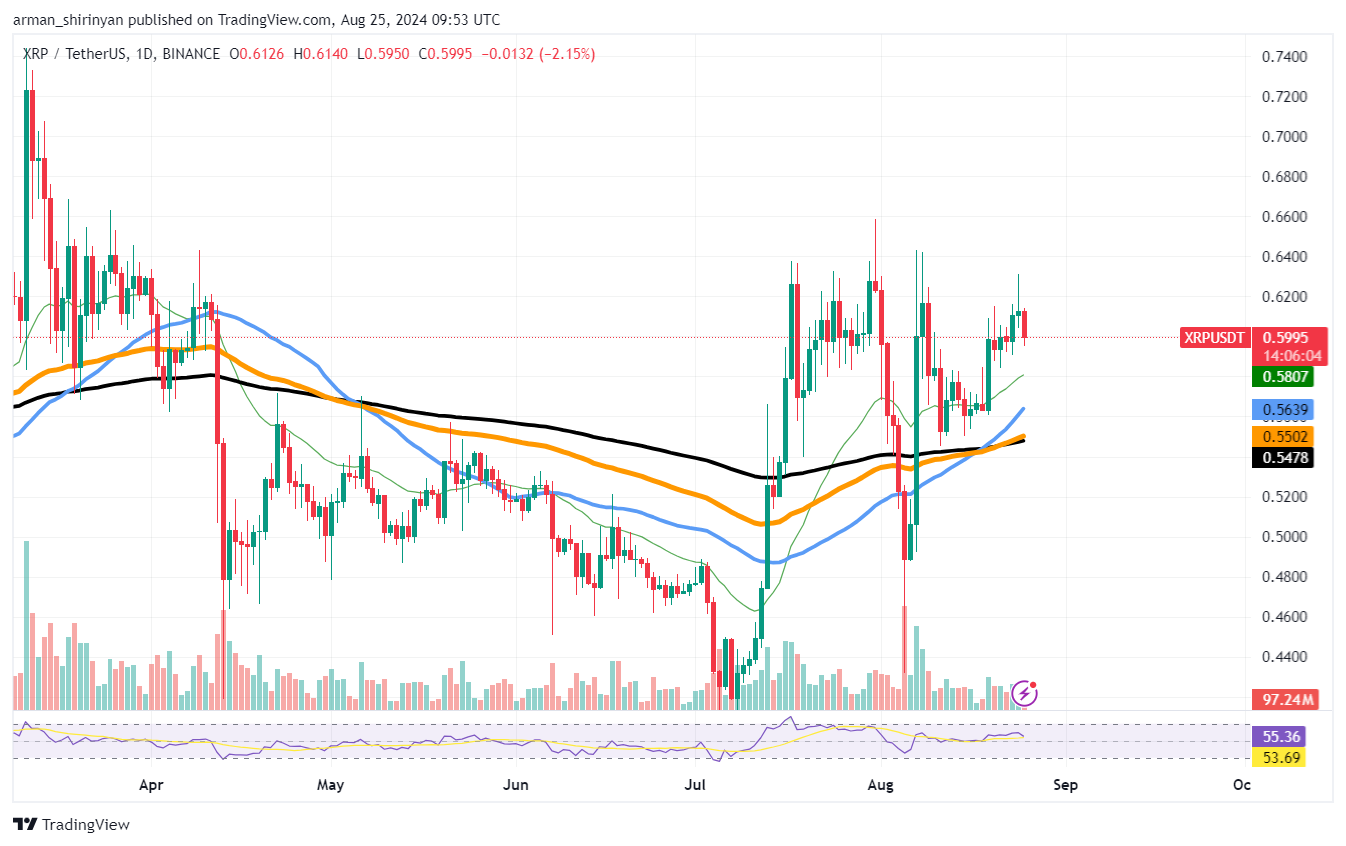The legislation is expected to become fully operational within three years.
A majority of the European Parliament’s lead committees have approved a ban on anonymous cryptocurrency transactions made through hosted crypto wallets, as part of the European Union’s expanded Anti-Money Laundering (AML) and Counter-Terrorist Financing laws.
The new , approved on March 19, applies limits for cash transactions and anonymous cryptocurrency payments. Under the new rules, anonymous cash payments over €3,000 will be banned in commercial transactions, and cash payments over €10,000 will be completely banned in business transactions.
The European Parliament’s ban on anonymous crypto transactions applies specifically to hosted or custodial crypto wallets offered by third-party service providers, such as centralized exchanges.
MEP Patrick Breyer (Pirate Party of Germany), one of only two members who voted against the ban, argues that the legislation compromises economic independence and financial privacy. Breyer claims that the ability to transact anonymously is a fundamental right and believes that the ban would have minimal effects on crime but would, in effect, deprive innocent citizens of their financial freedom.
“With the gradual abolition of cash, negative interest rates and the twisting of money supply at any time threaten card blocking. The dependency on banks is increasing menacingly. Such financial incapacitation must be stopped,” Breyer said (translated by Google from German) in a defending his position.
Breyer also expressed concerns about the potential consequences of the EU’s “war on cash,” including negative interest rates and the risk of banks cutting off the money supply. He emphasized the need to bring the best attributes of cash into the digital future and protect the right to pay and donate online without personal transactions being recorded.
The crypto community has had a mixed response to the EU’s regulatory measures. Some believe the new AML laws are necessary, while others fear they may infringe on privacy and restrict economic activity.
Daniel “Loddi” Tröster, host of the Sound Money Bitcoin Podcast, that the practical hurdles and consequences of the recent legislation is of this opinion, citing its impact on donations and the broader implications for cryptocurrency use within the EU.
“Anyone who would like to donate anonymously can no longer do so with the new regulations. In practice it cannot be prevented, but if the donation recipient operates a hosted wallet, the crypto custodian (which is regulated in the EU) could face restrictions from politicians,” Tröster said (translated by X).
Opponents of the ban argue that unlike cash, which is entirely anonymous, cryptocurrency transactions can be traced on the blockchain, and law enforcement has successfully prosecuted criminals by detecting unusual patterns and identifying suspects. They also point out that Virtual Assets are of minor relevance to the global financial system, and there is insufficient evidence on the volume and frequency of their usage for money laundering.
The legislation is expected to become fully operational within three years from its entry into force.







